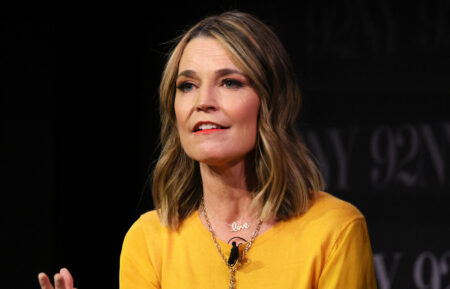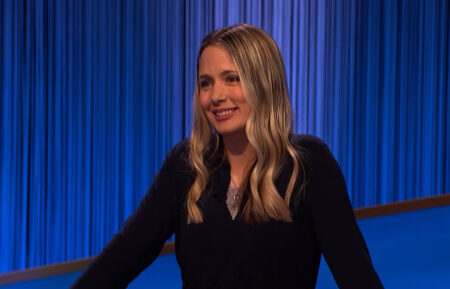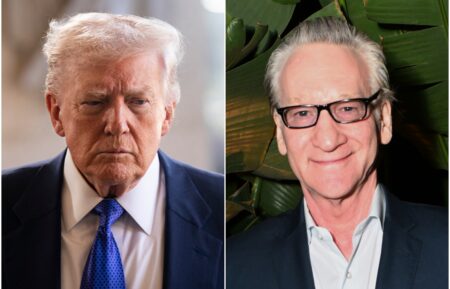‘The Biggest Loser’: Ryan Benson Reflects on Show 20 Years After Being First Ever Winner
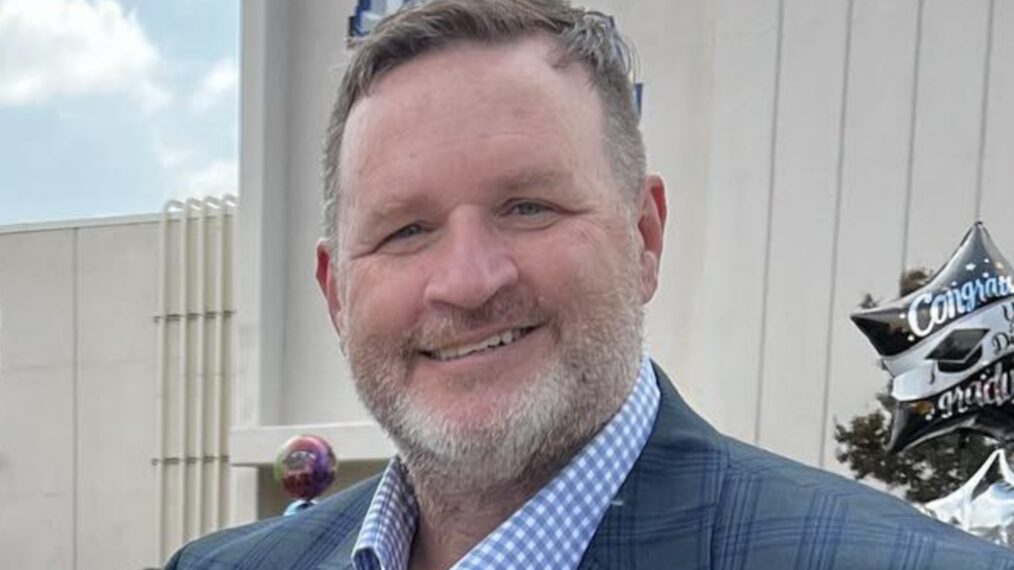
Ryan Benson became the first-ever winner of The Biggest Loser in 2004 when he dropped a massive 122 lbs over just 24 weeks, earning him the $250,000 prize money.
Now 20 years later, Benson is reflecting on the show, which originally aired on NBC between 2004 and 2016 before moving to USA Network in 2020. The series revolved around overweight contestants competing to lose the highest percentage of weight relative to their initial weight.
“Within three days after the show, I had gained 25 to 30 pounds back just in water weight alone,” Benson told People in a new interview, where he said in that first season, the producers, trainers, and other crew members “were kind of learning as they went.”
“[Trainers] Bob [Harper] and Jillian [Michaels] weren’t big celebrities, they weren’t household names. They were there every day working out with us,” Benson recalled.
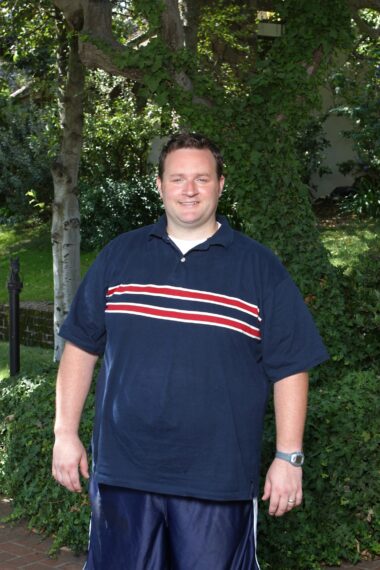
Trae Patton/NBCU Photo Bank
At the time, Benson was a 36-year-old aspiring actor who weighed 330 lbs. He told the outlet that to shed the weight, he took drastic measures, both at the urging of producers and on his own.
“For the last 24 hours, I didn’t put anything in my body and just went to the gym and had a rubber suit on to sweat and then went to the sauna,” Benson noted of the part of the show where the cast were sent home to finish up the final weeks on their own before the live finale weigh-in.
“They were setting us up to fail. I just wanted to win,” said Benson, who now serves as the SVP of Global Content Delivery at Lionsgate.
Benson explained the cast were “working out like professional athletes,” usually between “six to eight hours a day” doing cardio, weight workouts, and long hikes. “It hurt to do anything when you’d wake up in the morning. It was definitely tough for me. I was lucky I never got hurt or injured myself,” he shared.
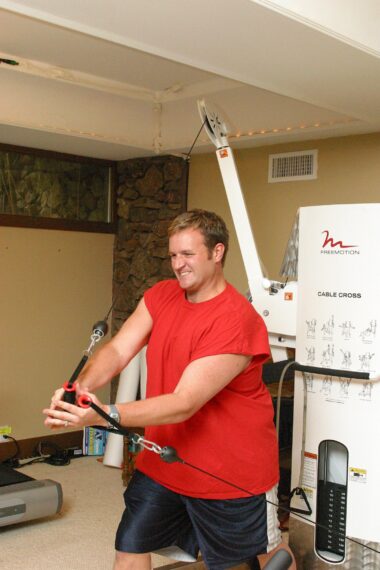
Trae Patton/NBC/NBCU Photo Bank
Even harder than the physical portion of the show were the psychological tests, specifically the “temptations” the producers would leave out in the form of huge food platters just waiting to be gorged.
“In the first season, they had food out everywhere,” Benson said. “There was a part of me that thinks that they wanted to catch people on camera, just gorging themselves on this food and kind of almost making it funny… I don’t know what they expected, but there were times that I felt like, ‘Yeah, they want us to fail.’ We were definitely exploited.”
Benson, who describes himself as super competitive, said in an effort to win, he spent those final weeks doing a “master cleanse” where “you just drink fresh squeezed lemon juice, cayenne pepper and maple syrup mixed together, and eat nothing, for 10 days while working out a lot.”
At one point, the show’s doctor tested his urine the day before the last weigh-in and noticed blood “because I was so dehydrated.”
“My wife was so mad at me, she said, ‘Nothing is worth this,'” Benson remembered.
View this post on Instagram
Despite winning the show, Benson said the glory didn’t last. He eventually wound up at well over 300 pounds. “It’s no secret that I gained back all the weight,” he shared.
Benson said he felt “guilty” for “not living up to what you did on the show even 20 years later,” adding, “Facing it in a very public way and feeling what I did there… it kind of magnified the issues I already had as far as weight and health issues.”
The Biggest Loser did change over time, dropping the temptations and focusing more on being inspiring rather than mocking.
“I can see why the show took grief in the beginning – they were just kind of doing something that would get views. Then to their good luck, it did become inspirational,” Benson continued.
As for whether he’d do a weight-loss show again, Benson said, “If I was in the same position as I was then, I would probably do it again. [But] it would have to have a whole different spin. They’d have to take a more holistic approach, focusing on both mental and physical health as opposed to just the number on the scale.”




